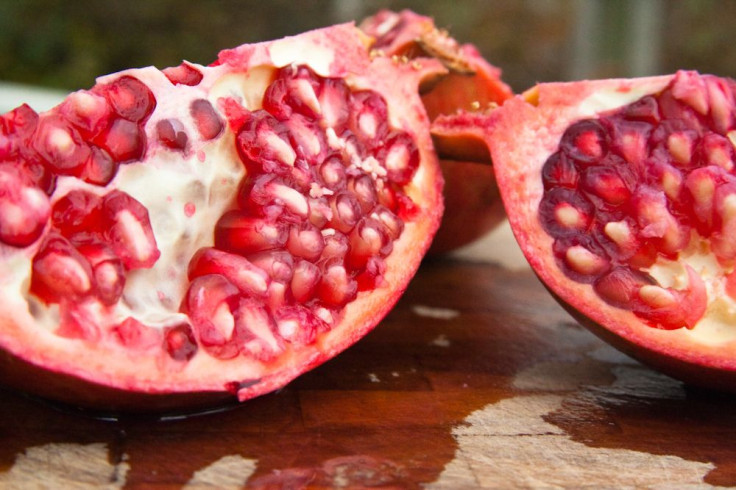Antioxidants Don't Kill Cancer? Study Suggests That Taking These Compounds Does More Harm Than Good

Antioxidants are often promoted for their “cancer-killing” properties, but in a recent study, researchers found strong evidence to suggest that these unique molecules may actually promote the spread of certain cancer cells — a finding that could change the way doctors advise cancer patients to eat.
Antioxidants are compounds that can help to neutralize free radicals, natural substances that attack our cells and DNA. By neutralizing free radicals, antioxidants can prevent or delay some types of cell damage. These compounds can be found naturally in many types of food, most notably fruits and vegetables, but can also be man-made and taken in supplement form.
In order to investigate what effect antioxidants had on cancer cells, a team of researchers from the Children’s Research Institute at UT Southwestern gave these compounds to mice that had been transplanted with melanoma cells from cancer patients. The team observed that cancer spread faster in mice that were administered antioxidants than it did in mice that were not. According to the press release, since the spread of cancer, also known as metastasis, is the leading cause of death in most cancer patients, the finding was significant. These results also directly contradict past research that has shown that increased levels of antioxidants prevented cell damage associated with cancer development. According to Morrison, these findings may lead doctors to revise their dietary recommendations for cancer patients.
This is not the first time researchers have linked antioxidants to increased progression of cancer. In 1994, a study in The New England Journal of Medicine found a higher incidence of lung cancer among men who took the antioxidants vitamin E and beta-carotene. And again last year, a study published in Science Translational Medicine found that taking high doses of antioxidants such as vitamin E could actually speed up the progression of lung cancer in smokers and other high-risk patients.
"The idea that antioxidants are good for you has been so strong that there have been clinical trials done in which cancer patients were administered antioxidants," said Dr. Sean Morrison in a statement, explaining that some trials had to be stopped because the patients getting the antioxidants were dying faster. "Our data suggest the reason for this: Cancer cells benefit more from antioxidants than normal cells do."
Based on these results, Morrison suggests that pro-oxidants, compounds that promote rather than inhibit oxidation, may instead be beneficial to cancer patients. However, despite the finding, not everyone needs to take antioxidants off their menu. The study suggests that healthy people who do not have cancer can continue to receive that many benefits, such as fighting obesity, and protecting their eyesight without worry of adverse effects.
Source: Morrison SJ, Piskounova E, Agathocleous M, et al. Extended Data Table 3: Treatment with the antioxidant NAC increased tumour formation by intravenously transplanted melanoma cells. Nature. 2015.



























